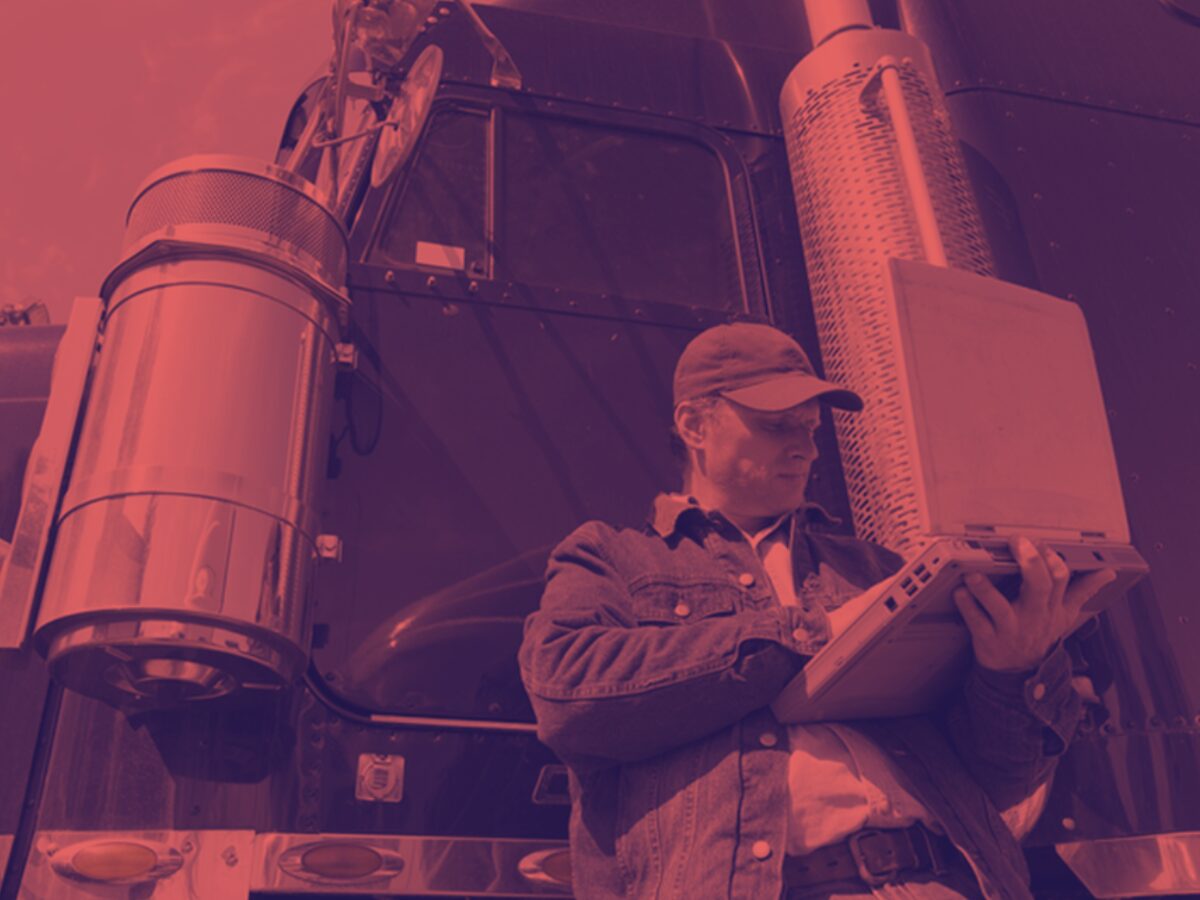Electric Logging Devices: How is the industry doing 8 years in?

In December 2017, the Federal Motor Carrier Safety Administration (FMCSA) implemented the Electronic Logging Device (ELD) mandate, a significant regulatory change aimed at improving safety and transparency in the trucking industry.
ELDs were introduced to replace paper logbooks, ensuring that drivers accurately record their hours of service (HOS) and reducing the potential for fatigue-related accidents. Now, several years after the mandate’s full enforcement, it’s time to assess how ELDs have impacted the trucking industry.
The transition from paper logbooks to ELDs wasn’t without its challenges. Trucking companies had to invest in ELD technology, and drivers had to adapt to the new electronic recording system.
While there was initial resistance and apprehension, the industry has, for the most part, successfully made the transition. This progress has paved the way for even greater advancements, with more innovation and improvements on the horizion.
Here are a few benefits that we’ve seen in trucking since ELDs were implemented.
1. Easier to stay compliant
One of the primary objectives of the ELD mandate was to improve HOS compliance. By automating the logging process, ELDs have reduced the risk of drivers falsifying their logbooks.
This has led to more accurate tracking of driving hours, rest breaks, and duty statuses, resulting in a significant reduction in HOS violations. As a result, the overall safety of the trucking industry has improved.
2. More efficient + future-forward
ELDs have also brought about efficiency gains in the trucking sector. With real-time data on driver activity, fleet managers can optimize routes, monitor driver behavior, and reduce idle time.
This not only increases productivity but also reduces fuel consumption and operational costs. Moreover, the data generated by ELDs can be used to analyze driver performance and implement targeted training programs.
3. Increased safety
Safety is paramount in the trucking industry, and ELDs have played a crucial role in improving it. By accurately tracking driving hours and ensuring drivers take mandatory rest breaks, ELDs help reduce driver fatigue, which is a leading cause of accidents on the road.
Additionally, ELDs have contributed to better accident reconstruction and investigation by providing electronic records of a driver’s activities leading up to an incident.
4. Prioritizes customers
ELDs have not only benefited trucking companies but have also improved customer satisfaction. Real-time tracking and monitoring capabilities allow shippers and receivers to have greater visibility into the location and status of their shipments.
This transparency leads to better communication, reduced delivery delays, and enhanced customer service.
A few small challenges remain
While the adoption of ELDs has been largely successful, some challenges persist. Issues like cybersecurity, device compatibility, and data privacy need continued attention. Also, some small carriers and owner-operators have faced financial burdens in implementing ELDs, which has prompted discussions about support and incentives to ensure equitable adoption across the industry.
All in all, years after the implementation of the ELD mandate in the trucking industry, the benefits are evident. While challenges remain, the overall impact of ELDs has been positive, and they are likely to remain a fundamental tool in the industry’s ongoing efforts to improve safety, efficiency, and sustainability. As technology continues to evolve, so too will the role of ELDs in shaping the future of trucking.
To learn more about safety and technology trends, visit our safety stream here.


